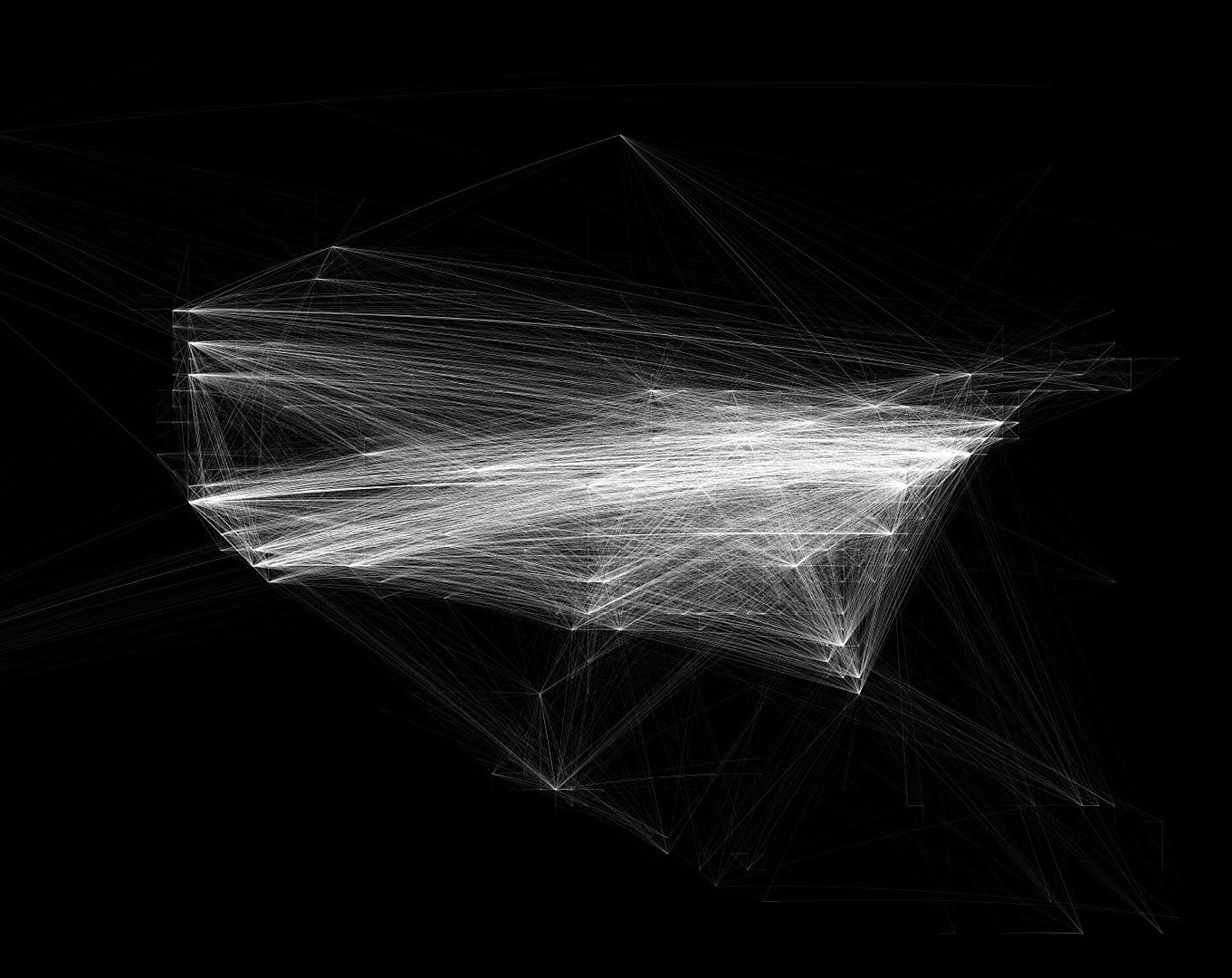Worthwhile excerpt from an article on a presentation by Chris Anderson (editor of Wired Magazine) to the Smithsonian on how best to confront and utilize the digital age:
Anderson:"If you're given infinite choice and the tools to help you find stuff, then we will start to diversify our choice, and define our communities of interest," he told the audience. "It often turns out that the stuff we love the most is the stuff that's not the blockbuster. The stuff that we all like collectively -- the Super Bowl -- are things we don't feel as passionately about. Less popular things are actually more meaningful to us as individuals."As Anderson points out, the "Passionate Expert" on a subject is not necessarily the most visible or easiest to find. With the connectivity that's now facilitated by the internet, that platform allows an opportunity for others interested in a topic to find their way into communities (such as the Smithsonian archive) instead of the Smithsonian having to necessarily seek them out.
Anderson's fetish, for example, is Lego robots. In what might be a mammoth understatement, he revealed that there is no place for this interest in his magazine. But online, he has found a community of people like him.
..."The Web is messy, and in that messiness comes something new and interesting and really rich," he said. "The strikethrough is the canonical symbol of the Web. It says, 'We blew it, but we are leaving that mistake out there. We're not perfect, but we get better over time.' "
The problem is, "the best curators of any given artifact do not work here, and you do not know them," Anderson told the Smithsonian thought leaders. "Not only that, but you can't find them. They can find you, but you can't find them. The only way to find them is to put stuff out
there and let them reveal themselves as being an expert."
Take something like, oh, everything the Smithsonian's got on 1950s Cold War aircraft. Put it out there, Anderson suggested, and say, "If you know something about this, tell us." Focus on the those who sound like they have phenomenal expertise, and invest your time and effort into training these volunteers how to curate. "I'll bet that they would be thrilled, and that they would pay their own money to be given the privilege of seeing this stuff up close. It would be their responsibility to do a good job" in authenticating it and explaining it. "It would be the best free labor that you can imagine."
Not only are 'expert types' easier to find, contacting and working with them is simpler too. Expert Example: Col. Pat Lang - Green Beret, Vietnam Vet, Middle East Intelligence Specialist. His knowledge and insight on M. E. topics (and of course, viewpoint) is openly available to those interested.
 North America's City-to-City Internet Connections via Chris Harrison
North America's City-to-City Internet Connections via Chris Harrison


Looking at this a second time now, I can almost see it as the settlers moving across the continent, leaving a glow in their trail.
ReplyDelete